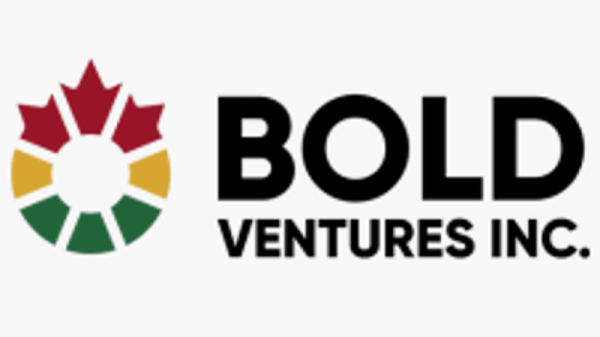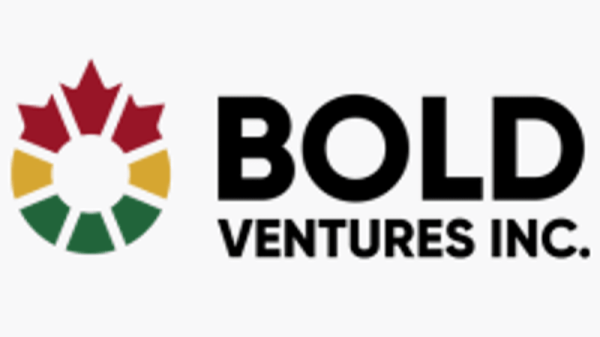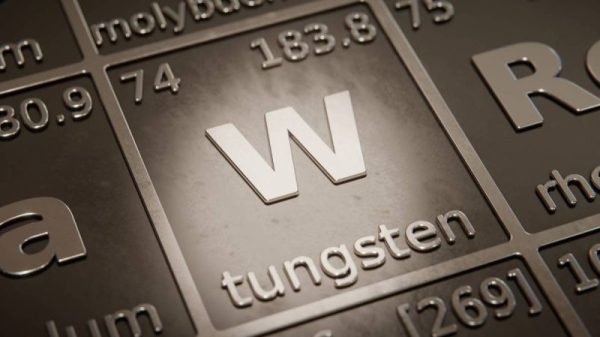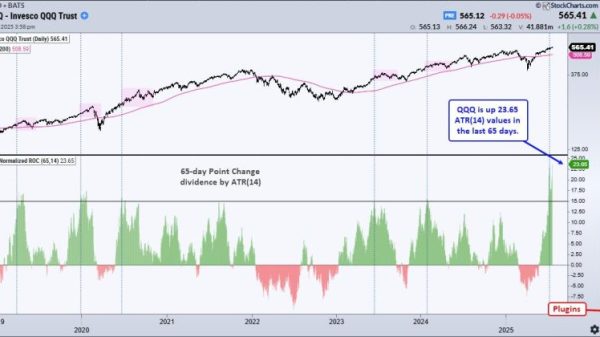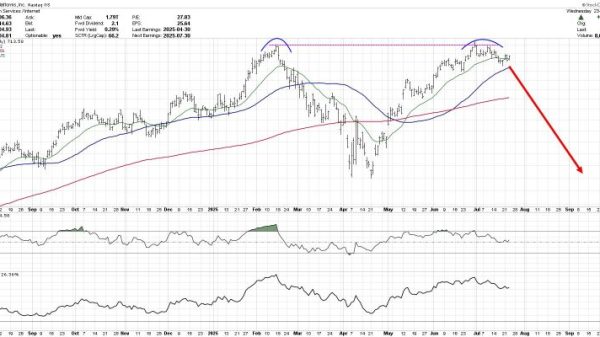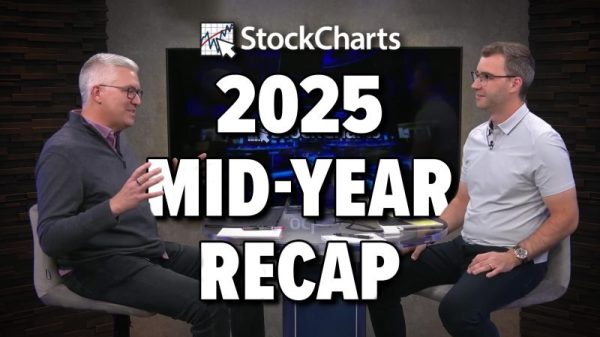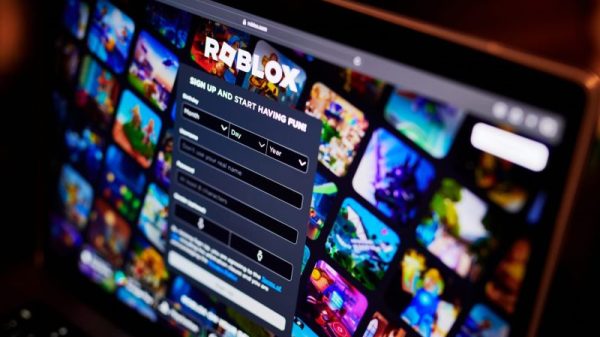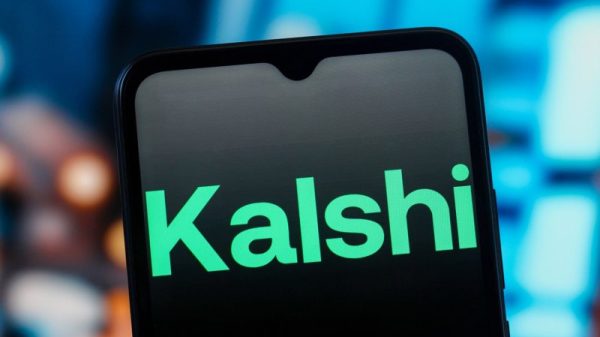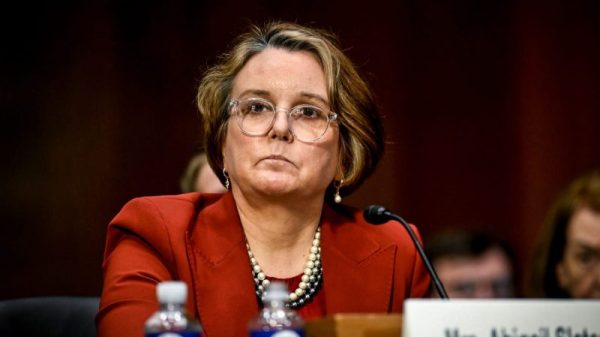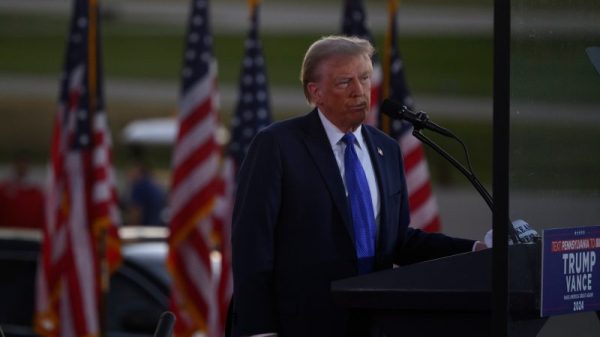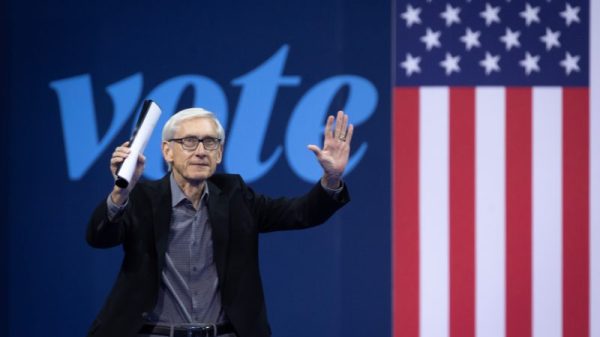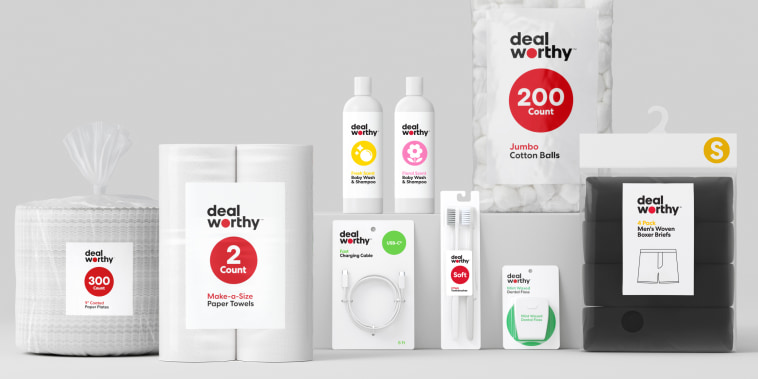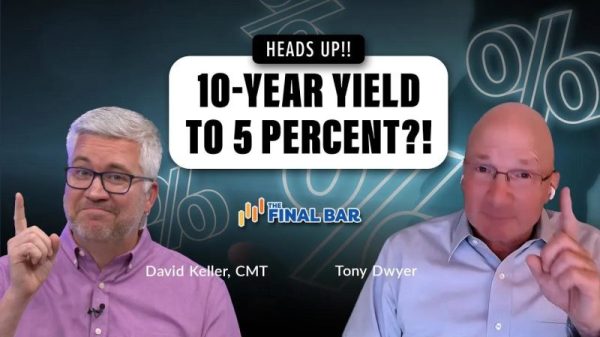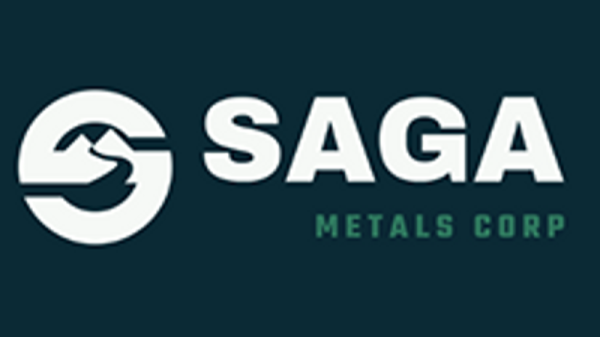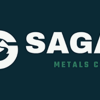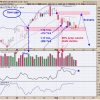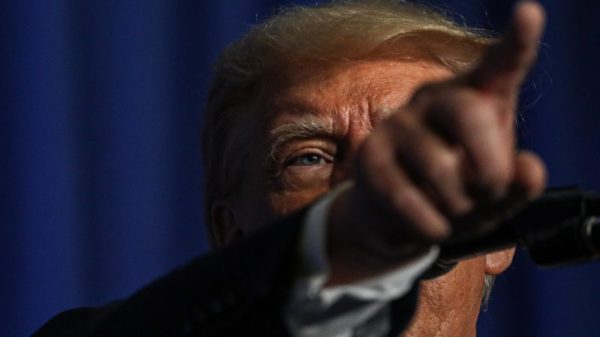As consumers continue to struggle with persistently high inflation, Target is unveiling a low-price, in-house brand it’s calling dealworthy.
Target’s dealworthy products will start at less than $1, with most items coming in under $10, the company said. The retailer is marketing some 400 items under the label, including apparel and accessories, essentials and beauty, electronics and home goods. As an example, Target said some electronics-related items, such as phone cases, would be priced 50%-lower than any other brands sold at Target.
The first dealworthy products have already begun arriving in stores and on Target.com. Additional products will be introduced throughout 2024 and early 2025, including power cords, underwear, socks, laundry detergent, dish soap and more, Target said.
Dealworthy is a Target owned brand that features low prices on nearly 400 everyday no-frills basics.Target
Dealworthy is a Target owned brand that features low prices on nearly 400 everyday no-frills basics.Target
Target is the latest major brand to recognize that consumers are balking at higher prices.
‘We know that value is top of mind for consumers, and dealworthy, backed by our owned brand promise, will not only appeal to our current guests but position us to attract even more new shoppers to Target,’ said Rick Gomez, executive vice president and chief food, essentials and beauty officer at Target.
As with other Target-owned brand items, customers can return dealworthy products within one year with a receipt for an exchange or a refund.
Other retailers launching lower-cost in-house brands include Hanes, which recently unveiled ‘M,’ a women’s shapewear line priced as low as $5.50, which compares with signature brand Maidenform’s prices of $40 to $55. And as of August, supermarket chain Kroger’s Smart Way brand, unveiled in 2022, is now the fastest-growing private consumer label on the market.
Dealworthy is a Target owned brand that features low prices on nearly 400 everyday no-frills basics.Target
Dealworthy is a Target owned brand that features low prices on nearly 400 everyday no-frills basics.Target
The rollout of dealworthy and the other lower-cost private labels comes as policymakers continue to wrestle with ongoing price pressures in the economy. Earlier this week, the Bureau of Labor Statistics reported inflation data that came in above forecasts, raising fresh fears that the Federal Reserve will have to keep interest rates higher for longer to keep pressure on price growth.
And Friday morning, the BLS published additional data showing inflation remains hotter than expected.
‘It is not surprising that businesses are raising prices in a new year after facing substantially rising labor costs over the previous year,’ Citibank analysts wrote in a note to clients Friday.

